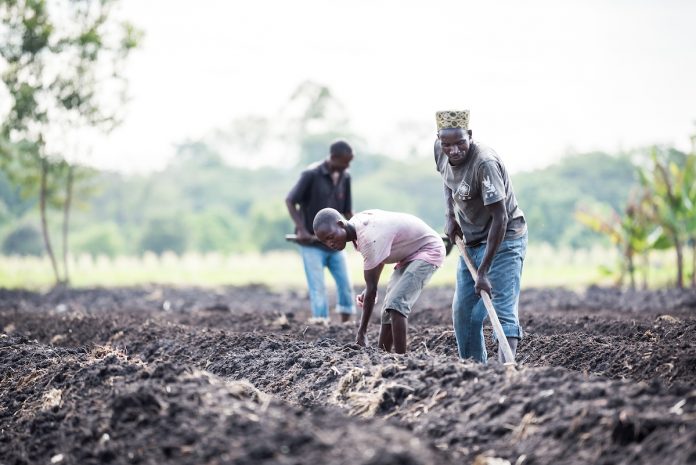
Church and related organizations’ response to food crises globally may need to be strengthened following the findings of a new report which projects millions of people will be without food due climate change, conflict and insecurity.
According to the Global Report on Food Crises 2019, an estimated 113 million people across the world experienced hunger to levels requiring urgent food and livelihood assistance due the same factors last year.
The majority of the people who suffered shortages last year were in Africa and in conflict countries, including Yemen, the Democratic Republic of Congo, the Syrian Arab Republic, Sudan, South Sudan, and northern Nigeria. Churches are mounting response in some of these countries.
“Conflict and insecurity will contribute to increasing displacement, or will ensure people remain displaced for prolonged periods, aggravating the food insecurity of those fleeing or of host communities,” said the report, produced by the Global Network against Food Crises, a group of international humanitarian organizations and development partners. The report was released 2 April.
The effects of climate change were felt most in Africa, with Ethiopia accounting for 8.1 million people out of those affected.
“Weather shocks and extreme climate change events are expected to have a severe impact on agricultural and livestock production in several regions…” adds the report.
The report follows a UN Environment Assembly during which churches discussed their role in helping mitigate against climate change and related environmental degradation, key causes of food shortages. At a side event in Nairobi, church leaders called for action beyond resolutions.
The report follows the devastating Cyclone Idai in Mozambique, whose impact was also felt in Zimbabwe and Malawi. The cyclone swept away farms, and caused landslides that covered crops and destroyed schools, churches and homes. This means the affected communities will need relief food for a period until their lives return to normal.
Church leaders say they are taking action on these concerns, by strongly advocating for action on climate change and environmental degradation.
“Over and above the advocacy, we have added to our theological institutions curriculum on eco-theology and the theology of the environment, and I believe that will go a long way to create the necessary sensitization,” said Rev. Arnold Temple, president of the All Africa Conference of Churches (AACC).
UN Food and Agriculture Organization director-general José Graziano da Silva in a statement that countries must act at scale across the humanitarian-development-peace nexus to build the resilience of affected and vulnerable populations.
“To save lives, we also have to save livelihoods,” he said.
Research calls for strengthened cooperation that links prevention, preparedness and response to address the urgent humanitarian needs and the root causes. The report also calls for a unified approach and action, and for more investment in conflict mitigation and sustainable peace.
World Council of Churches, oikoumene.org













